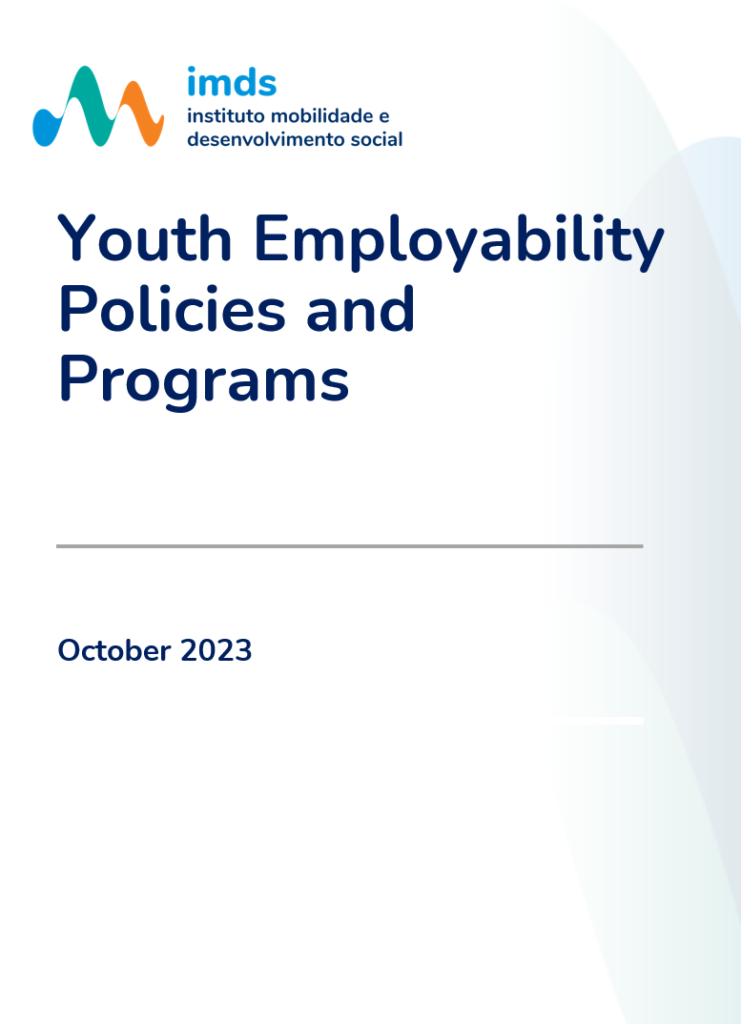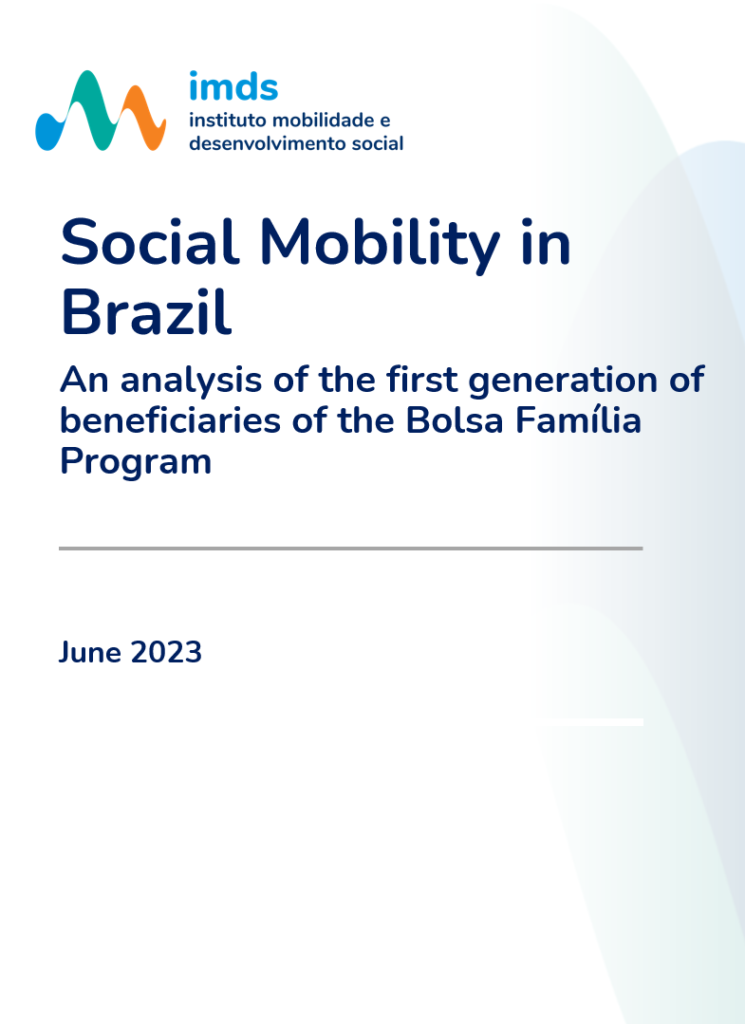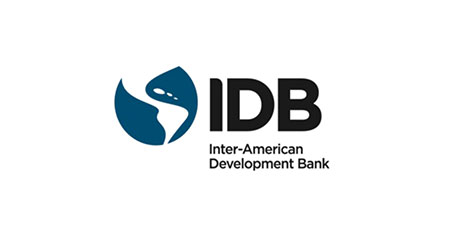This website uses cookies so that we can provide you with the best user experience possible. Cookie information is stored in your browser and performs functions such as recognising you when you return to our website and helping our team to understand which sections of the website you find most interesting and useful.
IMDS launches new version of its website
Imds study analyzes mobility among the richest
Educational Opportunities Index (IOE) is highlight in new Imds presentation
Bringing social mobility to the spotlight
Imds monitors, evaluates and proposes the implementation of public policies with an impact on social mobility. And it does this through scientific research, data and evidence, to support managers at any level of government to transform the lives of current and future generations of citizens.
Imds in numbers
Over
Our content is organized according to thematic lines
Browse our publications
Access all
Educational Opportunities and Social Mobility in Brazil
Access Paper
Youth Employability Policies and Programs
Access Technical Notes
Studying Mobility at the Top of the Pyramid: An Analysis based on Forbes Lists
Access Technical Notes
The Implementation Process of Social Assistance Reference Centers (CRAS) in Brazilian Municipalities
Access Technical Notes
Exploring the reasons for school dropout in Brazil: an analysis based on the PNADC-2022 Education Supplement
Access Paper

















